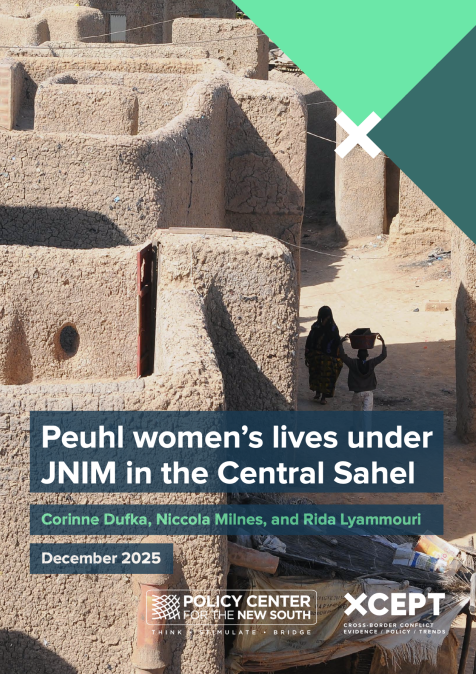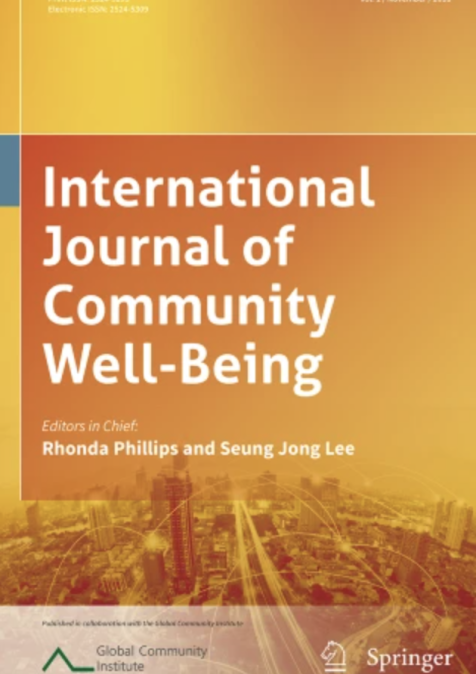Podcasts
Parlons des femmes : au-delà de l’égalité formelle... l’égalité réelle
07
March
2021
Related topics:
Malgré les efforts réalisés pour atteindre l’égalité des genres, un long chemin reste à parcourir. Quels sont les efforts entrepris par le Maroc afin de lutter contre l’inégalité des sexes ? Quels sont les défis rencontrés par les femmes en politique en Afrique ? Pourquoi parlons-nous d’ « opportunités » lorsque nous évoquons l’autonomisation économique des femmes ? Quelles ont été les principales conséquences de la pandémie sur les femmes ? Ce sont là quelques questions auxquelles Pr. Nouzha Chekrouni, Senior Fellow au Policy Center for the New South et spécialiste des questions de genre, tente de répondre.









